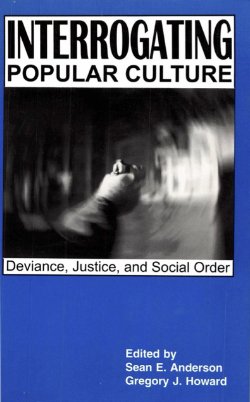By Catherine M. Roach
At the heart of Stripping, Sex, and Popular Culture lies a very personal story, of author Catherine Roach's response to the decision of her life-long best friend to become an exotic dancer. Catherine and Marie grew up together in Canada and moved to the USA to enroll in PhD programs at prestigious universities. For various reasons, Marie left her program and instead chose to work as a stripper. The author, at first troubled and yet fascinated by her friend's decision, follows Marie's journey into the world of stripping as an observer and analyst. She finds that this world raises complex questions about gender, sexuality, fantasy, feminism, and even spirituality. Moving from first hand interviews with dancers and others, the book broadens into a provocative and accessible examination of the current popularity of "striptease culture," with sex-saturated media imagery, thongs gone mainstream, and stripper aerobics at your local gym. Stripping, Sex, and Popular Culture scrutinizes the naked truth of a lucrative industry whose norms are increasingly at the center of contemporary society.
Oxford, UK: Bloomsbury Academic/Berg, 2007. 224p.



